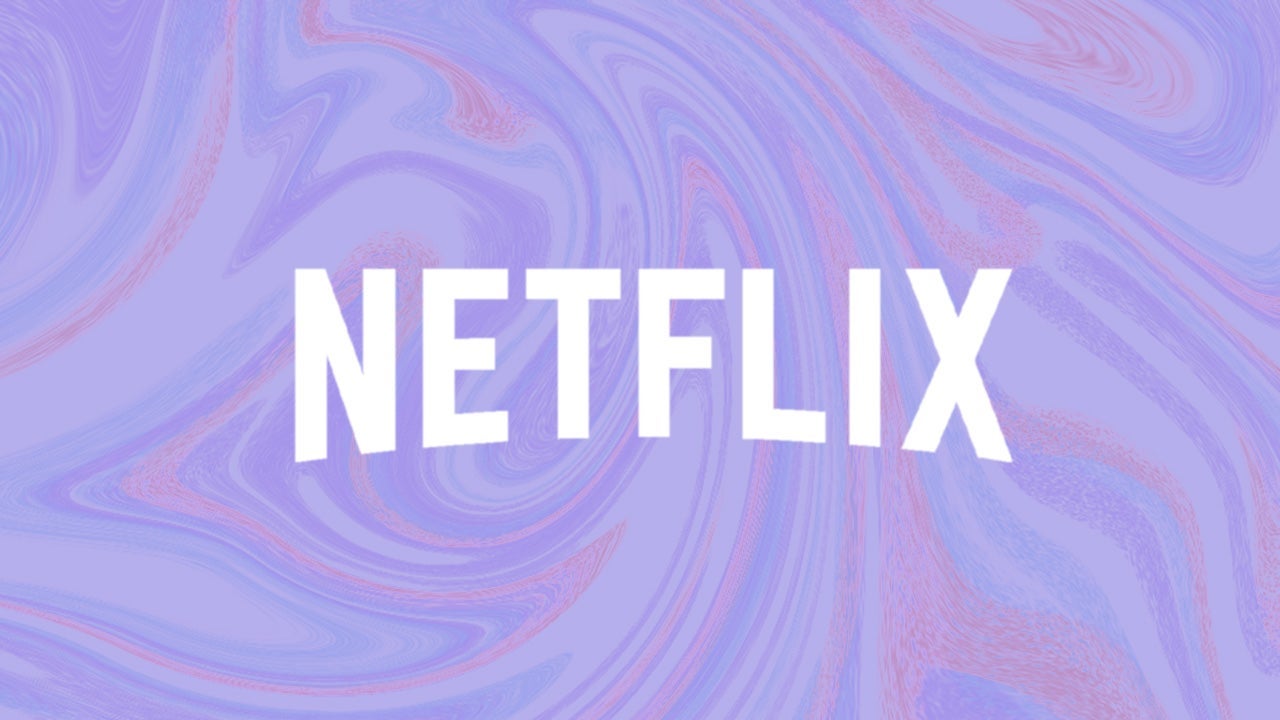The United States government might be trying to ban or force a sale of TikTok, but the video-sharing app is not going down without a fight. TikTok announced today that it is suing the United States government and attempting to "overturn the unconstitutional TikTok ban" bill.
In a new court filing submitted yesterday, TikTok's legal counsel argued that Congress took "the unprecedented step of expressly singling out and banning TikTok." The legal filing says that what the U.S. government is proposing - that TikTok parent company ByteDance either divest or risk the app being banned in the U.S. - is not feasible, and it would "force a shutdown" of the app in the United States by January 19, 2025.
Today we filed a petition in federal court seeking to overturn the unconstitutional TikTok ban. Read our petition here: https://t.co/Lx3l4DaRTG
— TikTok Policy (@TikTokPolicy) May 7, 2024
"Congress has taken the unprecedented step of expressly singling out and banning TikTok: a vibrant online forum for protected speech and expression used by 170 million Americans to create, share, and view videos over the Internet," TikTok's legal counsel wrote in the court filing. "For the first time in history, Congress has enacted a law that subjects a single, named speech platform to a permanent, nationwide ban, and bars every American from participating in a unique online community with more than 1 billion people worldwide."
This lawsuit is in direct response to the Protecting Americans From Foreign Adversary Controlled Applications Act, which passed both chambers of Congress and was signed into law by President Biden last month.
Though some U.S. investors, such as former Activision CEO Bobby Kotick, expressed interest in buying TikTok, a report from Reuters late last month revealed that TikTok owner ByteDance would reportedly rather shut down the app in the U.S. than sell it if its legal challenges to reverse the ban are unsuccessful.
There have been many attempts by the U.S. government to try and ban TikTok, dating back to the Trump Administration. Those supporting the ban argue that TikTok, which is owned by the Chinese company ByteDance, should be banned or sold off as its ownership of a Chinese company makes it a threat to national security. In contrast, those opposing a TikTok ban, such as the American Civil Liberties Union (ACLU), say it's unconstitutional and a violation of free speech.
Before the TikTok ban bill became law, the Federal government had already banned the installation of the app on government-owned smartphones. Over 30 provinces imposed similar rules on a state level. Montana became the first state to try to ban TikTok outright, though the ban that was going into effect has been on hold as TikTok has challenged the statewide ban in court.
For more on what may happen if the deal goes through, check out our piece, in which we ask experts what TikTok's future would look like.
Taylor is a Reporter at IGN. You can follow her on Twitter @TayNixster.







